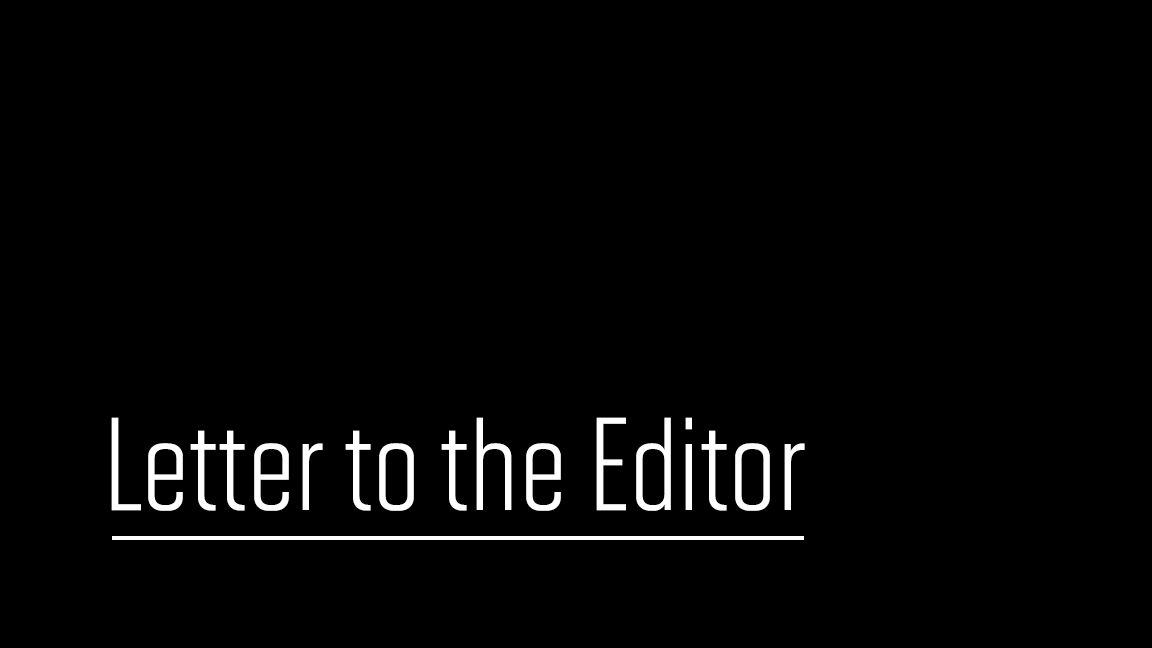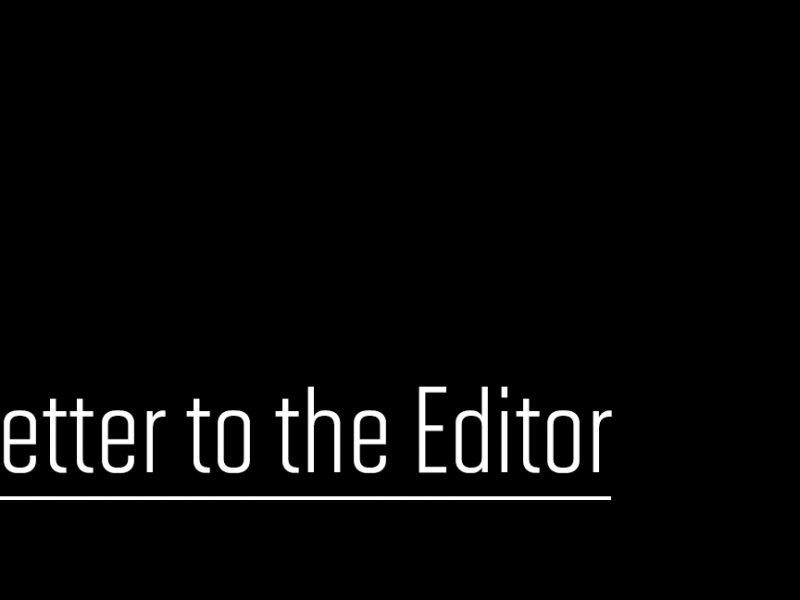On “Let’s talk about the banned books of 2022.”
Censorship is a complex issue that cannot fully be addressed in a letter, but I wanted to address some nuance I felt was lacking in this column.
The author uses pushback against Irreversible Damage to present a paradox where people who oppose book bans hypocritically support banning that book. The case, however, is people are pushing back against the medical misinformation it espouses because of the harm it could cause trans youth.
Gender-affirming care for youth has been shown to improve mental health. The Trevor Project’s 2022 National Survey on LGBTQ Youth Mental Health demonstrates trans and non-binary youth struggle with mental health more than their other LGBTQ youths, but gender-affirming care is a major tool to improve their mental health. By arguing the measures that can help save trans youth are harmful, Irreversible Damage could make this lifesaving care more difficult to access.
The book bans are more than just an issue of deciding what is appropriate for children; it is political. The attempts to ban LGBTQ+ books is very similar to the calls to ban books by and about Black people. While censoring Black authors is nothing new, there has been a notable increase in challenges for books focused on race.
It’s not just books; libraries and librarians have been targeted much like boards of education. Considering legislation such as the “Don’t Say Gay” bill, it is all the more clear these efforts are part of a national political strategy that seeks to oppress minorities.
While it may appear hypocritical to oppose the book bans targeting Black and LGBTQ+ books but be comfortable with Target choosing not to sell Irreversible Damage, careful consideration of the nuances between the two help make sense of why someone might take those positions.
Benjamin Bradley
Librarian with University of Maryland Libraries
The Diamondback accepts letters to the editor that are fewer than 300 words and relate directly to an article or opinion column we have published in the last two weeks. We do not accept open letters or pieces that have been submitted elsewhere. Please email submissions to opinionumdbk@gmail.com with your full name and affiliation to the university or the city.

